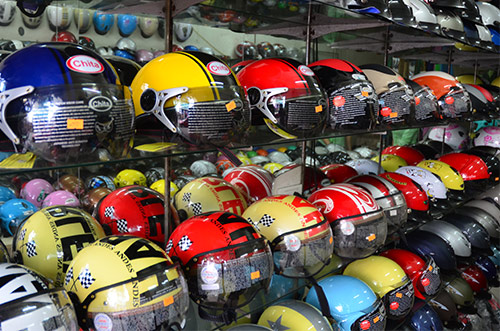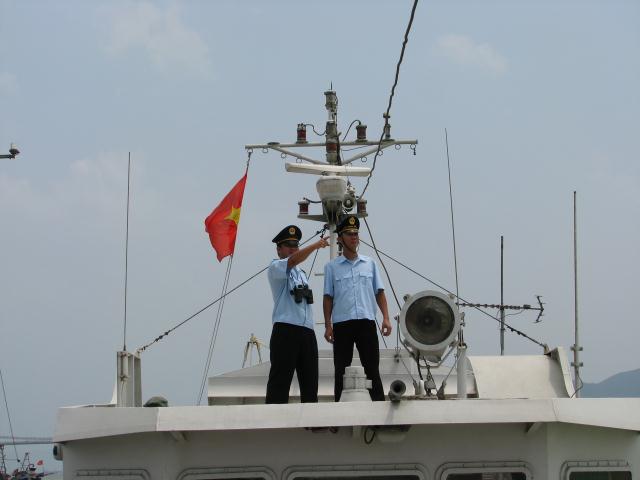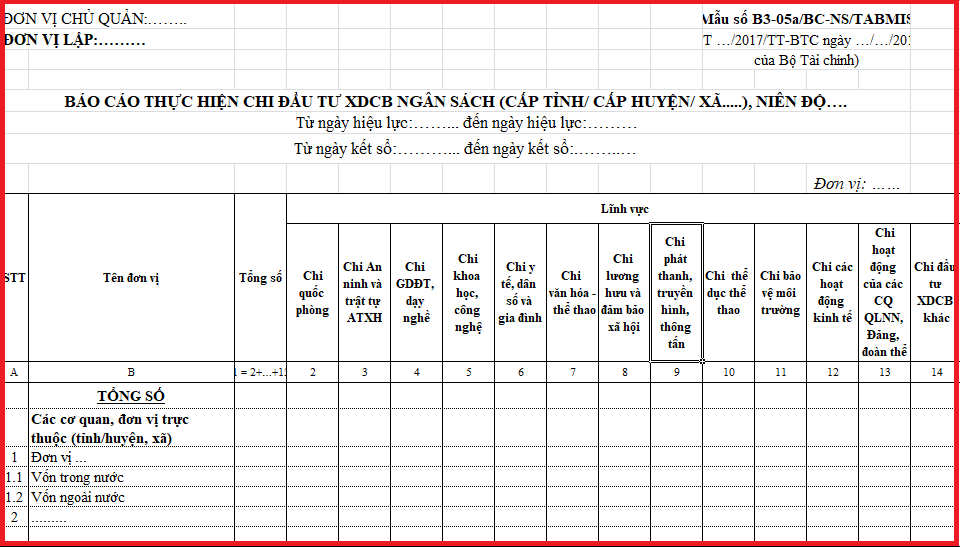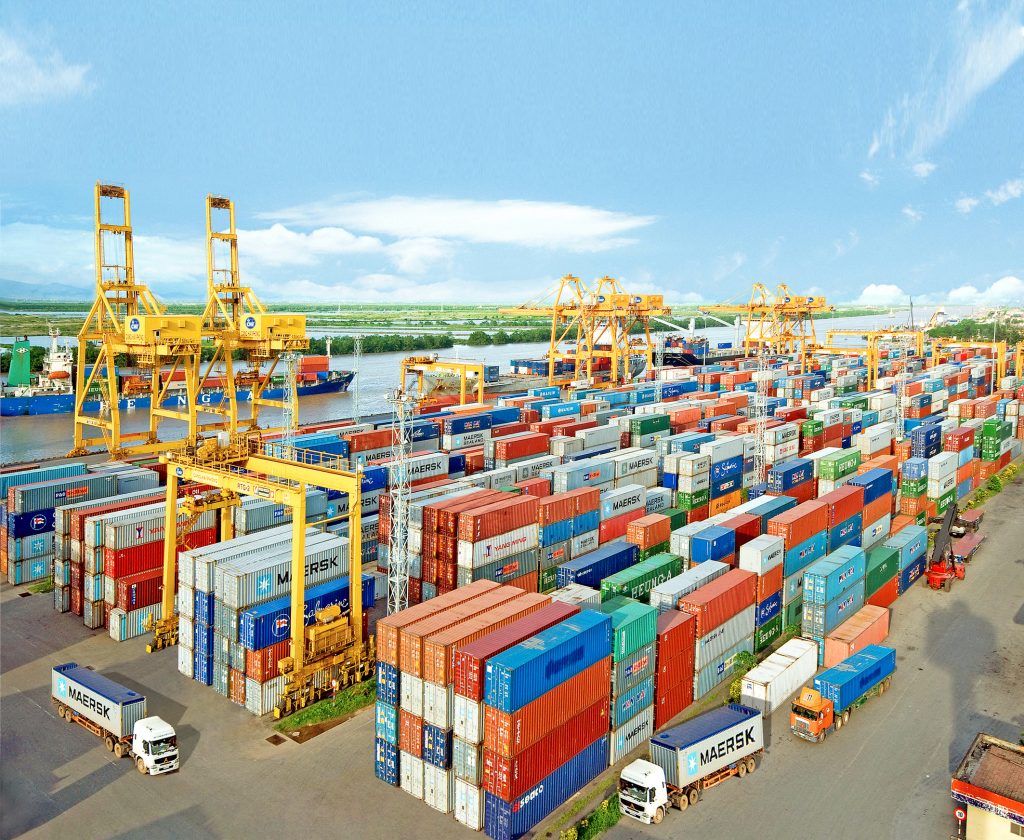Origin declaration is the mechanism applied when the seller exports goods from Vietnam to the EU and goods from the EU are imported into Vietnam based on the commitments in the EVFTA

Guidance on recognizing origin declarations from countries that are not member of EVFTA in Vietnam (Internet image)
The issuance of origin declarations serves as the basis to determine the origin of goods as a grounds for tax preferential application for imported goods from the EU to Vietnam according to the agreements in EVFTA. To be specific:
As stipulated in Clause 1, Article 24 of Circular 11/2020/TT-BCT, goods originating from the European Union imported into Vietnam are entitled to tariff preferences under EVFTA upon submission of one of the following certificates of origin:
- - C/O issued according to the stipulations from Article 20 to Article 23 of Circular 11/2020/TT-BCT;
- - Origin declarations according to Article 24 of Circular 11/2020/TT-BCT issued by a qualified exporter in compliance with European Union regulations for shipments of any value; or any exporter for shipments not exceeding 6,000 EUR (six thousand euros);
- - Origin declarations issued by the exporter registered in the electronic database in compliance with European Union regulations and notified to Vietnam. The notification may include the European Union's regulation to cease applying the above two types of documents.
The rules on self-certification of origin for goods from the European Union are as follows:
- Exporters are allowed to self-certify the origin of goods when the goods are of European Union origin and meet other EVFTA requirements.
- - Exporters must ensure to self-certify the origin of goods on the invoice, delivery note, or other commercial documentation by:
- - Providing sufficient information about the goods by typing, stamping, or printing the content of the origin declaration on the documentation;
- - Using the Template text of the origin declaration in one of the language versions stipulated in Appendix VII issued with Circular 11 and compliant with European Union regulations;
- If the exporter makes the declaration by hand, the text must be written in ink and uppercase letters.
- The term “other commercial documentation” mentioned above can refer to the delivery note, pro forma invoice, or packing list. Transport documents such as a bill of lading or airway bill are not counted as other commercial documentation.
Notice:
- The content of the self-certification of origin must not be performed on a separate form. The content is allowed to be on another page of the commercial documentation provided that the page is identifiable as part of the commercial document.
- The origin declarations must bear the handwritten signature of the exporter. However, qualified exporters under European Union regulations are permitted not to sign, provided that the exporter issues a declaration of commitment to the competent authority of the exporting member state, stating that the exporter takes full responsibility for the certified documents of the goods' origin.
- The origin declarations can be issued after the export of the goods on the condition that they are presented to the importing member state no later than 2 years or according to the importing member state's regulations from the time the goods enter the territory of the importing member state.
Regarding the recognition of self-certification of origin documentation when the seller is located in countries that are not member of EVFTA in Vietnam as guided by the General Department of Customs in Official Dispatch 6464/TCHQ-GSQL, based on Clause 5, Article 3 of Circular 11/2020/TT-BCT:
"Exporter” is an individual or organization with a headquarters located in the exporting member state, exporting goods to another member state, capable of proving the origin of the goods. The exporter can be the manufacturer or the entity performing the export procedures. The exporter is not necessarily the seller who invoices the shipment (third-party invoicing). The seller is allowed to be located in countries that are not member of EVFTA in Vietnam."
Thus, according to the regulations, sellers are allowed to be located in countries that are not member of EVFTA in Vietnam. Based on the regulations in Circular 38/2018/TT-BTC, the Customs Department of Ho Chi Minh City will check and determine the validity of the certification of origin documents and the origin of imported goods by handling similar cases according to the relevant legal provisions in Vietnam.
Thuy Tram
- Key word:
- origin declaration
- Vietnam
 Article table of contents
Article table of contents










.Medium.png)
.Medium.png)
.Medium.png)
.Medium.png)
